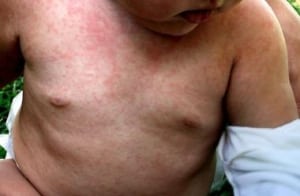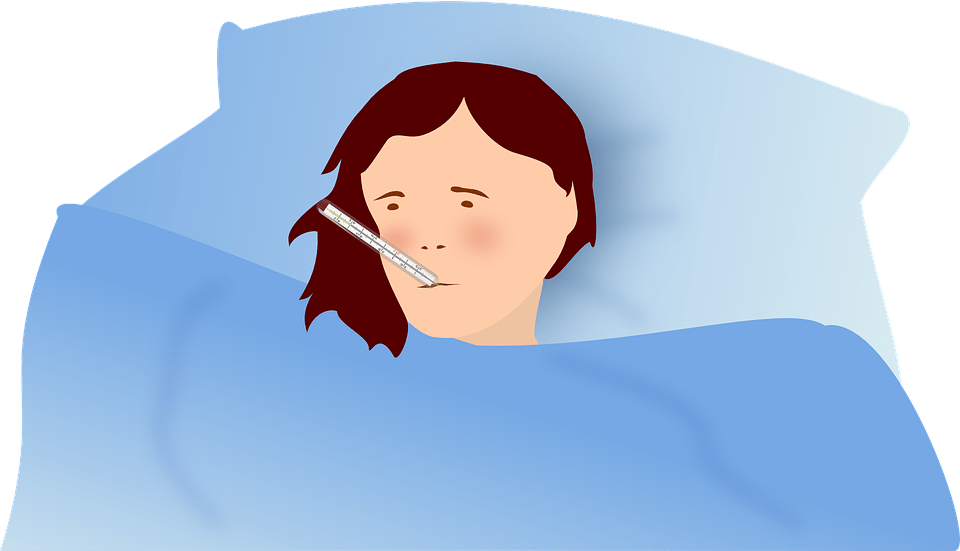 Roseola, also known as roseola infantum, is an infectious disease predominantly affecting children under the age of 2. It is primarily spread through respiratory droplets when an infected child talks, sneezes, or coughs. These tiny mucus droplets can be inhaled by other children or they can settle on various surfaces. Other children might then touch these contaminated surfaces and unknowingly transfer the virus to their mouths or noses, leading to a potential infection.
Roseola, also known as roseola infantum, is an infectious disease predominantly affecting children under the age of 2. It is primarily spread through respiratory droplets when an infected child talks, sneezes, or coughs. These tiny mucus droplets can be inhaled by other children or they can settle on various surfaces. Other children might then touch these contaminated surfaces and unknowingly transfer the virus to their mouths or noses, leading to a potential infection.
Roseola is most common in infants 9-12 months of age. The cause of the virus is human herpesvirus-6 (HHV-6), a Roseolovirus genus of the ß-herpesvirus subfamily. Its incubation period is typically 7 to 14 days.
There is no cure or vaccine for roseola. Symptoms will usually go away within 10 days.
Symptoms
Children with roseola may experience:
- Underarm or oral temp of 102 to 105° F, lasting 3 to 7 days
- Rash that may come after the fever. Slightly raised, spotty, pink and typically appears on the trunk, arms, and neck. The rash can last between a few hours to a few days.
- Loss of appetite
- Mild diarrhea
- Cough
- Runny nose
- Irritability
- Sleepiness
- Swollen or droopy eyelids.
- Possible convulsions or febrile seizures.
If your child is lethargic or won’t drink, call your healthcare provider. In the case of a seizure, take them immediately to the emergency room. Call 911 for seizures lasting over 5 minutes.
Roseola is typically contagious during the fever phase. If your child has moved on to the rash phase, they are likely no longer contagious.
Treatment
There is no treatment for roseola and it will go away in a few days. Antibiotics can not be used to treat viral illnesses, as antibiotics are only used to treat bacterial infections. Acetaminophen (Tylenol) or ibuprofen (Advil, Motrin) can be used to lower your child’s fever. Otherwise, be sure they are resting and drinking plenty of fluids.
Fever
This illness is rarely serious, however, it’s important to keep an eye on fevers. Fevers that are very high or change rapidly can be dangerous. For fevers 102° F or higher that last over 24 hours, call your pediatrician.
For fevers over 100.7° F for newborns under 1 month or over 103.5° F for older kids who are not responding to fever reducers, you should head to the ER.
Illnesses with fevers can be contagious, so even if you’re unsure whether your child has roseola, it’s important to keep aware of spreading whatever your child has to other children. It’s okay and advised to keep your child home if they have a fever. As soon as their fever is gone for at least 24 hours, it’s usually okay for them to be with other children again. It’s always a good idea to contact your pediatrician if you’re unsure.
For questions or concerns, respond to this blog or contact us!




